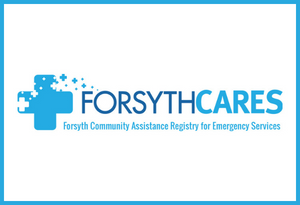
- By Aegis Technologies
- Posted Monday, March 16, 2020
Tips to avoid online phishing scams
Cybercriminals will stop at nothing to exploit every chance to prey on users. You or someone you may know can become a target of phishing attacks such as emails, phone, identity theft, social engineering, lottery, travel, fake news or other cyber security scams.
Phishing uses link manipulation, image filter evasion and website forgery to fool users into thinking that a spoofed website or embedded link is genuine and legitimate. Once the user enters their vital information into the fraudulent site, they immediately become a phishing victim.
We recommend you use good cyber hygiene security practices while at work and home to better protect yourself. Listed below are just some of the IT security best practices you can use to try and avoid being a victim.
Cybersecurity Best Practices:
- Use your instincts and common sense.
- If something doesn’t seem right then verify before responding (by email, phone, text, etc)
- Use a strong, complex, and different password on all of your accounts (bank, medical, email, etc)
- Use multifactor authentication on important accounts/apps if provided.
- Do not respond to SPAM emails (a response verifies your email address).
- Hover your mouse pointer over URL links or attachments to reveal where it is going.
- Change default passwords on all internet-connected devices before connecting to a network.
- Avoid sharing personally identifiable information like your Social Security number or credit card number when answering an unsolicited email, phone call, text message, or instant message.
- Use a Virtual Private Network (VPN) for a secure connection to public wi-fi.
- Install security software on all of your devices, keep them up-to-date, and perform regular backups.
- Know your company’s cybersecurity policies and what is expected of you.











